Glenda Jackson death: Oscar-winning actor and former Labour MP dies aged 87
Veteran actor had just completed filming a new project with Sir Michael Caine
Your support helps us to tell the story
From reproductive rights to climate change to Big Tech, The Independent is on the ground when the story is developing. Whether it's investigating the financials of Elon Musk's pro-Trump PAC or producing our latest documentary, 'The A Word', which shines a light on the American women fighting for reproductive rights, we know how important it is to parse out the facts from the messaging.
At such a critical moment in US history, we need reporters on the ground. Your donation allows us to keep sending journalists to speak to both sides of the story.
The Independent is trusted by Americans across the entire political spectrum. And unlike many other quality news outlets, we choose not to lock Americans out of our reporting and analysis with paywalls. We believe quality journalism should be available to everyone, paid for by those who can afford it.
Your support makes all the difference.Glenda Jackson, the double Oscar-winning actor and former Labour MP, has died aged 87 after a “brief illness”.
Her agent issued a statement that said Jackson died at her home in Blackheath, south-east London.
“Glenda Jackson, two-time Academy Award-winning actress and politician, died peacefully at her home in Blackheath, London, this morning after a brief illness with her family at her side,” Lionel Larner said.
“She recently completed filming The Great Escaper in which she co-starred with Michael Caine.”
The screen star and former Labour MP for Hampstead and Highgate won the Oscar for Best Actress in 1970, for her performance as Gudrun Brangwen in Ken Russell’s adaptation of the DH Lawrence novel Women in Love.
She won her second Best Actress Oscar three years later for A Touch Of Class, the 1973 romantic comedy about an adulterous couple having an affair. Jackson did not attend the ceremony on either occasion, and gave the statuettes to her mother, who used them as bookends.
“It always sounds so ungrateful, and I’m not, but once you’ve got it, what do you do with it?” she toldThe Times last year, adding that awards didn’t give her as much pleasure as “getting a good part”.
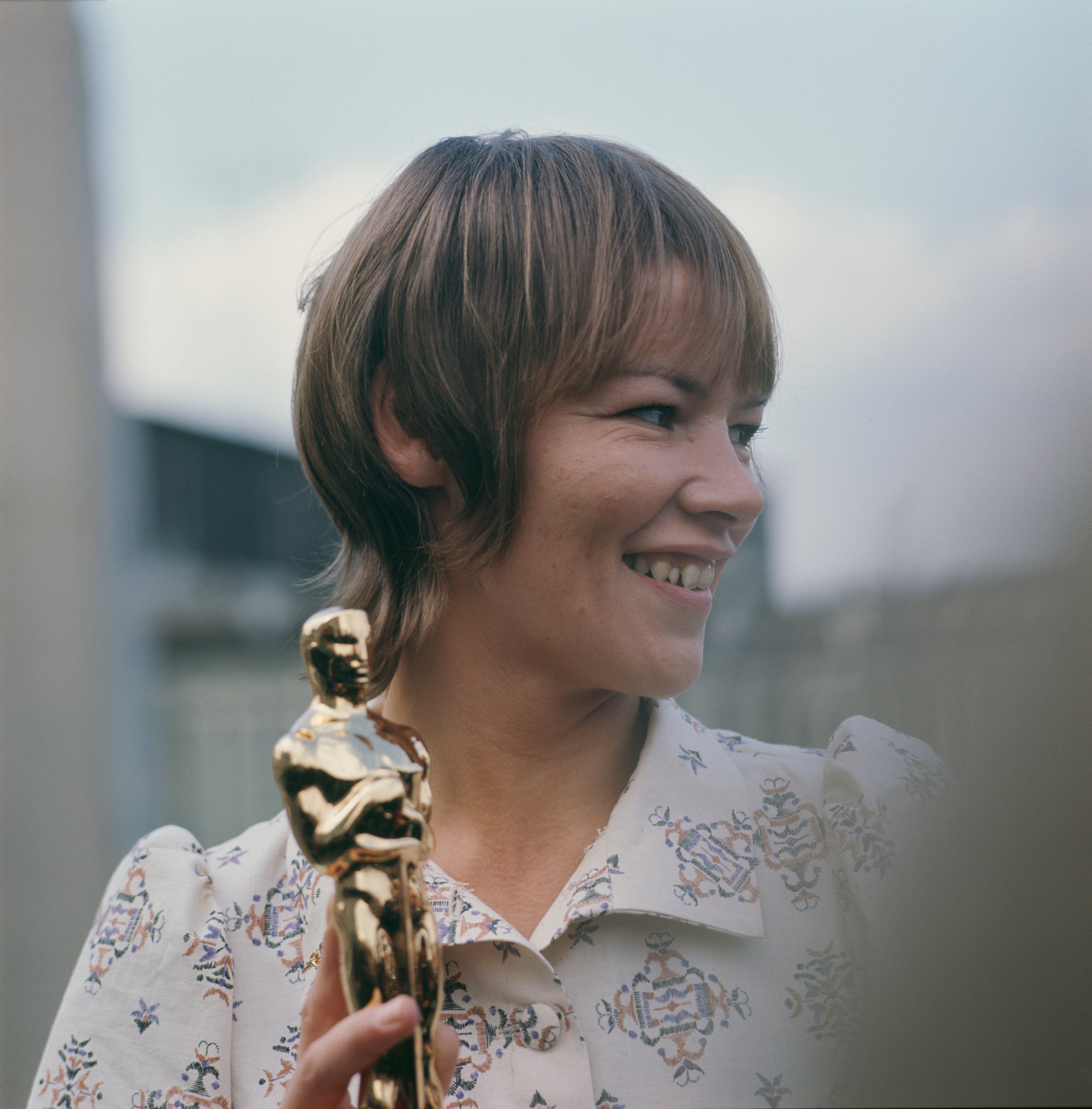
Despite her successful career, which also included two Emmy Awards and a Tony, Jackson previously said she never had any interest in the glamorous side of the film industry.
She said she started acting due to “boredom”, after she failed her school certificate and was left with no option but to start working at the age of 16. After joining a friend at the YMCA amateur dramatics society, while she was working at her local Boots store, she went on to study at the Royal Academy of Dramatic Art (Rada).
“Listen, I come from a family where if you didn’t work, you didn’t eat. That was the class structure,” she told The Times of her childhood in Wirral, Merseyside.
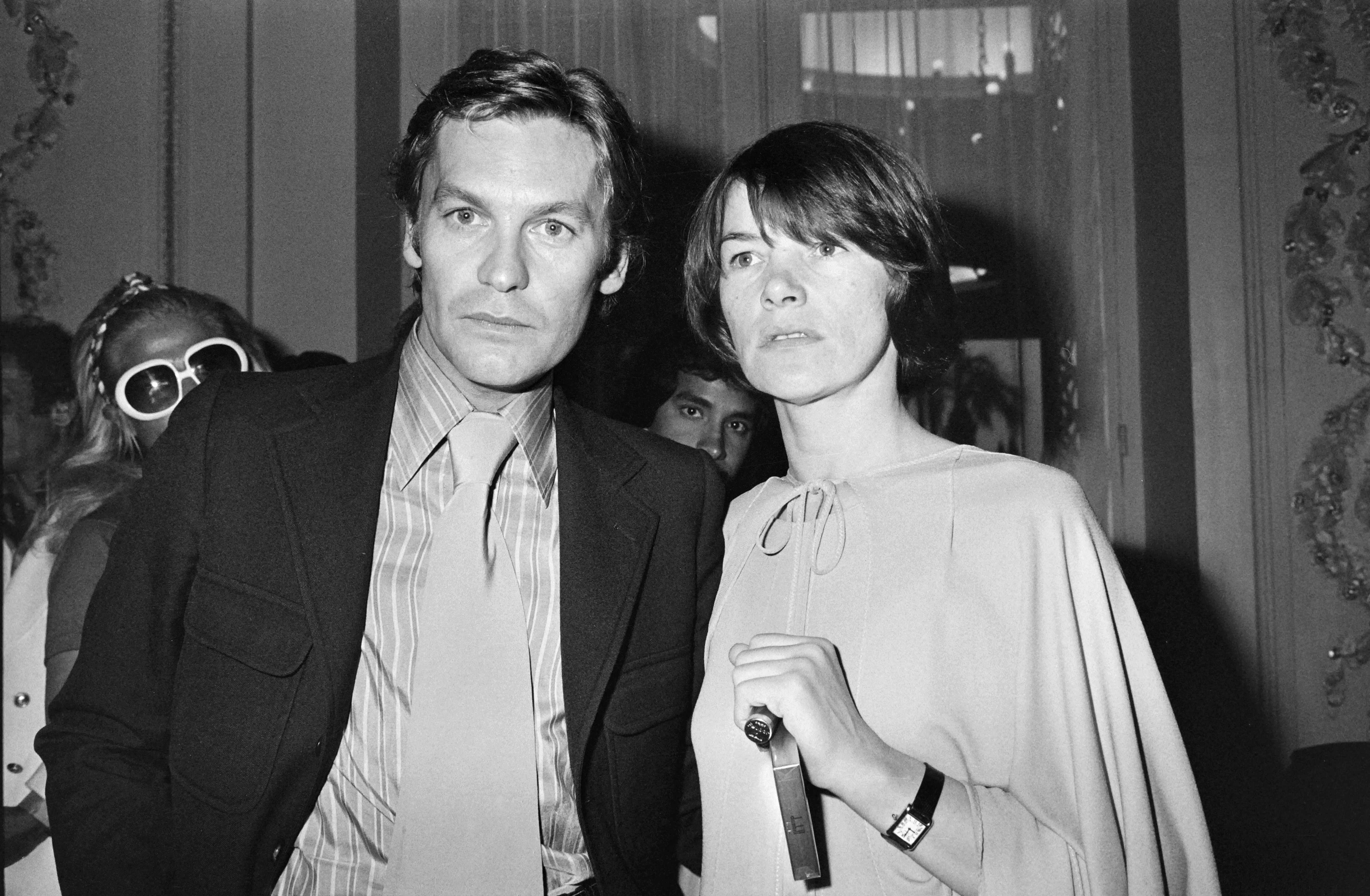
“Somebody said, ‘you should do this professionally’,” she recalled. “I wrote to the only drama school I’d ever heard of, which was Rada. I did the auditions. They said, ‘If we had the money, we’d give you a scholarship. But we haven’t’, and the manager of Boots wrote to Cheshire County Council, which gave me a grant and I went to Rada.”

Watch Apple TV+ free for 7 days
New subscribers only. £8.99/mo. after free trial. Plan auto-renews until cancelled

Watch Apple TV+ free for 7 days
New subscribers only. £8.99/mo. after free trial. Plan auto-renews until cancelled
Jackson gave up acting for politics more than a quarter of a century ago and served as a Labour MP for 23 years, under leaders including Neil Kinnock, Tony Blair, Gordon Brown and Ed Miliband.
While serving under Blair and Brown during Labour’s 13 years in power between 1997 to 2010, she was a vocal opponent of the Iraq War, and of tuition fees.
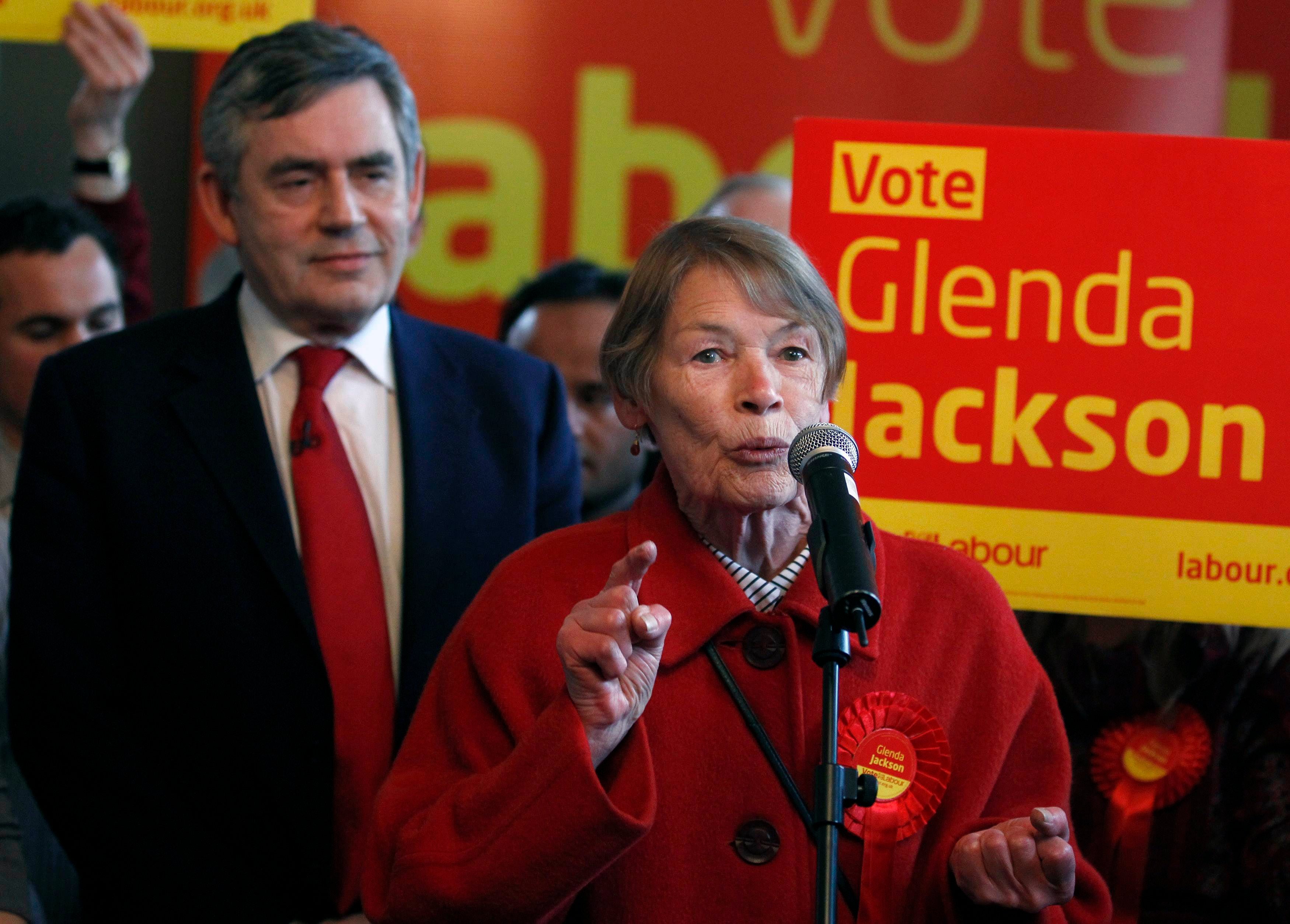
In 2013, she gave a memorable speech at the House of Commons that was met with roars of protest, as she observed the passing of former prime minister Margaret Thatcher.
“Everything I had been taught to regard as a vice was, in fact, under Thatcherism, a virtue: greed, selfishness, no care for the weaker, sharp elbows, sharp knees, all these were the way forward,” she said.
She later castigated the state of hospitals in the UK. “I tremble to think,” she said, “what the death rate among pensioners would have been this winter if that version of Thatcherism had been fully up and running this year.”
Last year, she criticised the media’s coverage of female politicians while commenting that the sexist culture in the House of Commons was “beginning to crack”, but was “by no means equal yet”.

She recalled that Parliament was not welcoming to women when she was voted in during the 1992 general election.
“In a funny kind of way, you’d be surprised if it wasn’t immediately apparent. You expect to be ignored, so you have to be prepared for that,” she told The Big Issue.
Jackson said she had given her maiden speech to a “virtually empty House, but that was okay. Of course it makes you angry, but even that marks you up as ‘woman, failure’.”
“It’s still the case that whatever men do is widely accepted, whereas when the media consider what women do, there’s always an element in the reportage which is critical,” she continued.
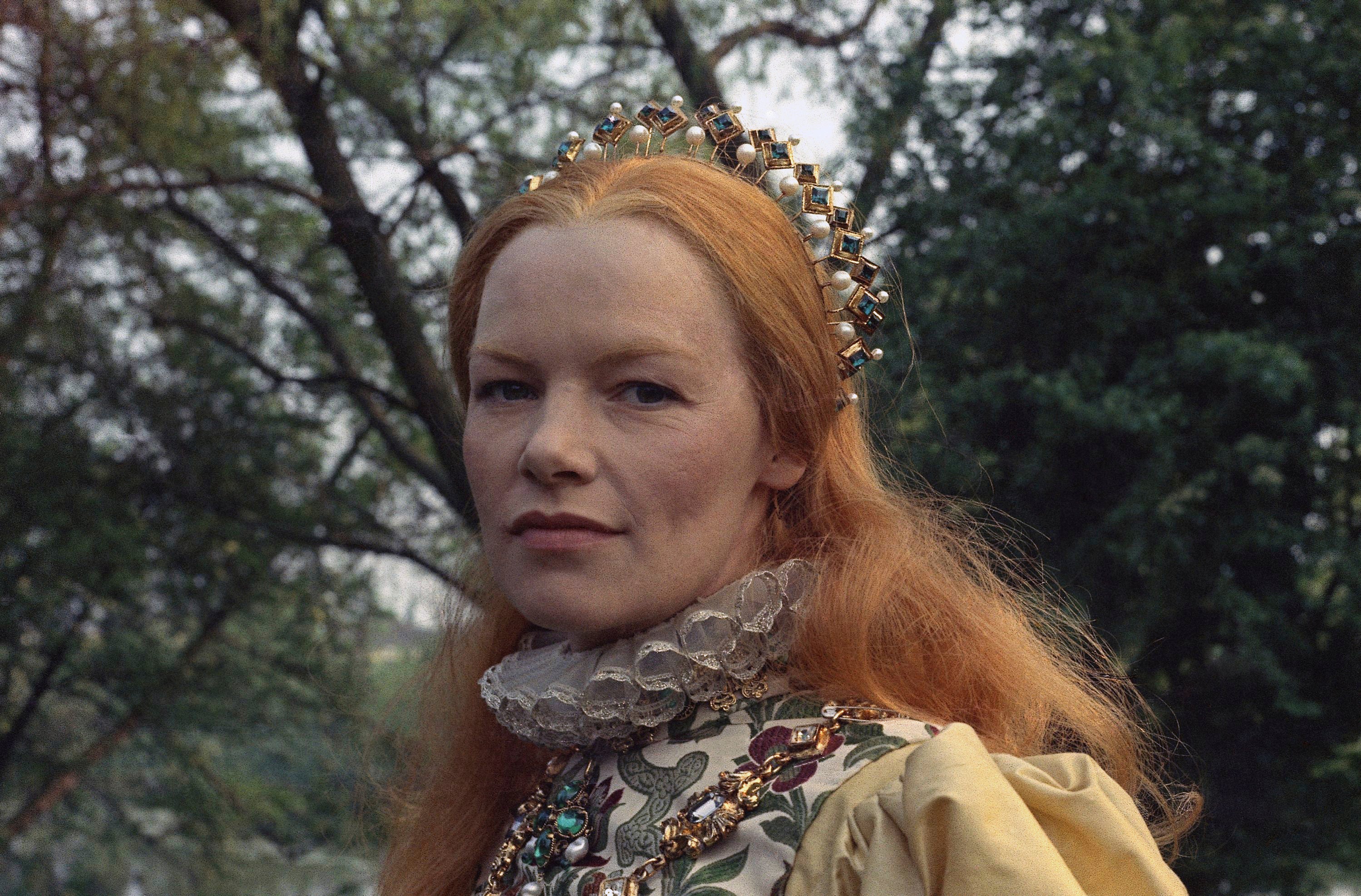
Jackson stood down as an MP at the 2015 general election and returned to acting. She won a Bafta for Best Actress in 2020 for her role in Elizabeth Is Missing, which followed the story of a woman suffering from dementia.
She was “surprised” and “grateful” to be nominated, she told The Independent in a 2022 interview. But the role left her wondering if her character Maud’s struggle with dementia had become her own.
“Oh yes, there were days when I thought I was on my way down. Certainly,” she said, adding: “It’s always hard to know what is your experience and what is the hangover from playing the character”.
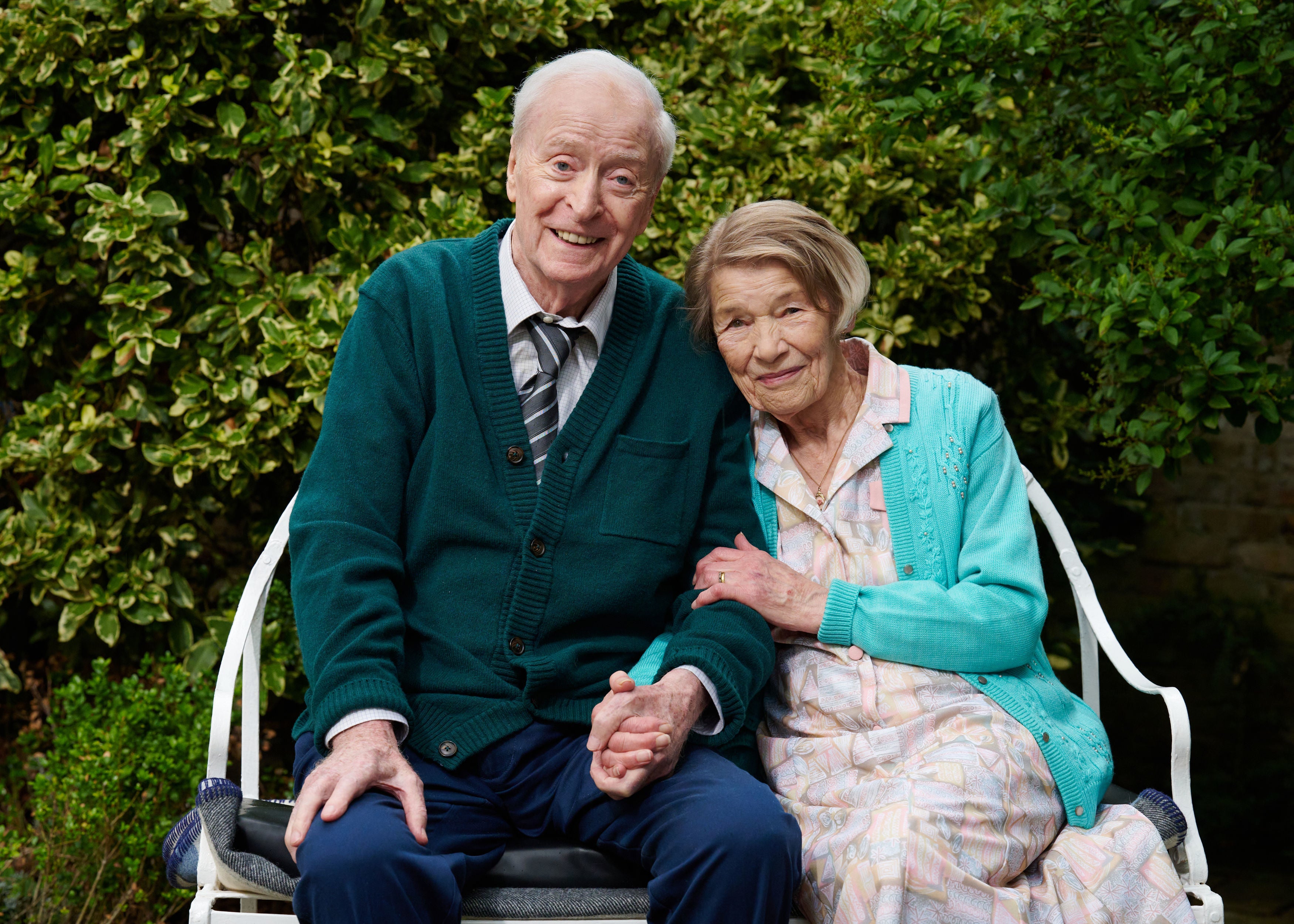
The forthcoming film The Great Escaper is inspired by true events, and tells the story of a Second World War veteran who escaped his home in Hove, east Sussex, to attend a commemoration of the 70th anniversary of the D-Day landings in France.
The project marked the first time Jackson had acted alongside Caine since they starred together in The Romantic Englishwoman, 48 years ago.
During lockdown, Jackson did not venture outside the front door of her basement flat in south London, telling The Independent that her family jumped every time she sneezed.
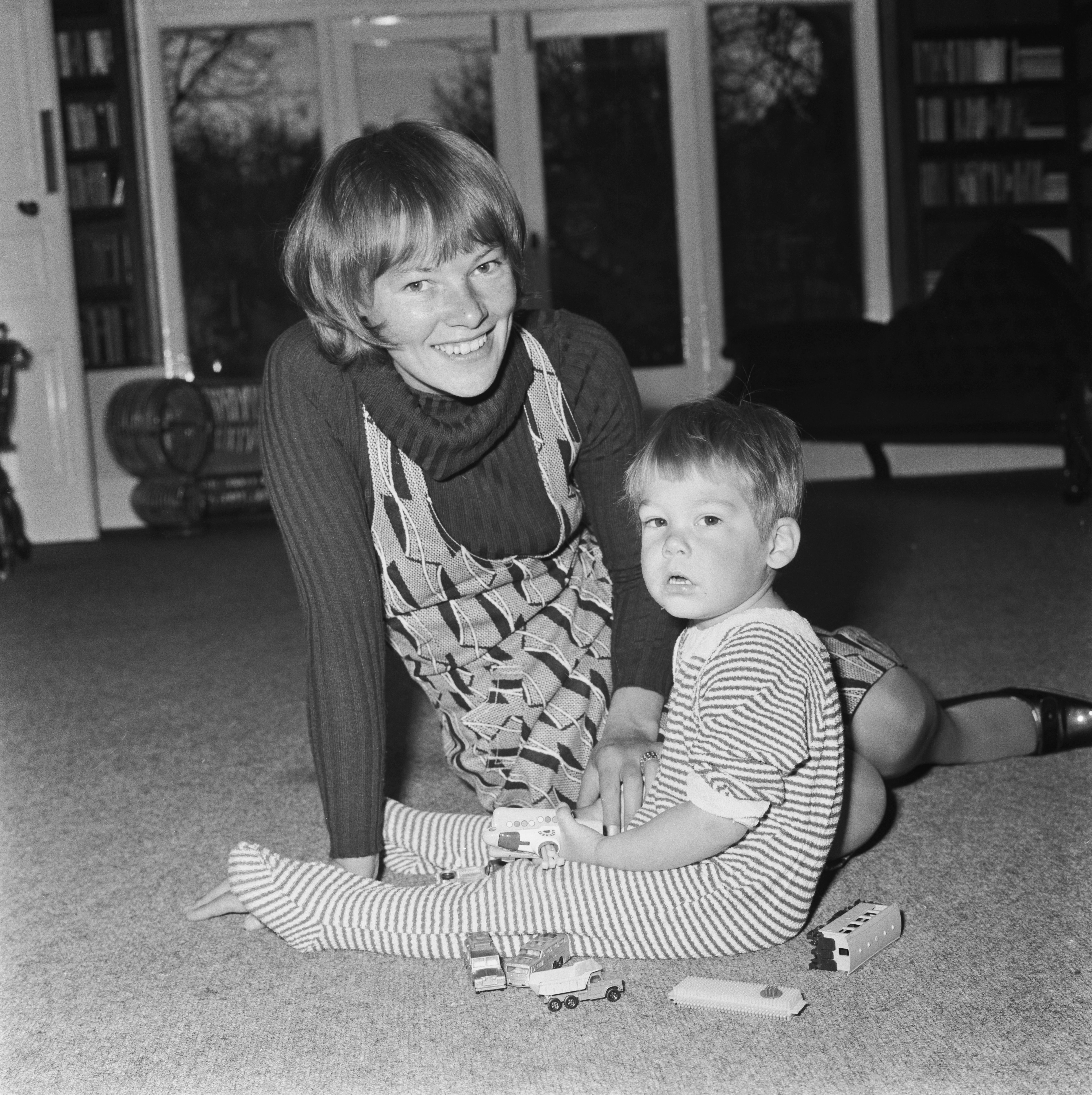
She lived in the same house as her son, the Mail on Sunday’s politics columnist Dan Hodges, his wife and her grandson. She and Hodges were “implacable”, when it came to politics, she revealed. She disagreed strongly with his contention that the liberal left despised the white working class.
Reacting to her death, prime minister Rishi Sunak’s spokesperson said: “Obviously that’s extremely sad news and obviously his thoughts will be with her friends and family at this time, but I’m sure we will have more to say.”
Tulip Siddiq, Labour MP for Hampstead and Kilburn – Jackson's constituency from 1992 to 2010 – paid tribute to her predecessor as a “very supportive mentor” and “formidable politician”.
”Devastated to hear that my predecessor Glenda Jackson has died,” she tweeted. “A formidable politician, an amazing actress and a very supportive mentor to me. Hampstead and Kilburn will miss you Glenda.”
Diane Abbott, who became a Labour MP five years before Jackson was elected, in 1987, tagged Hodges on Twitter and wrote: “Very sad to hear of the death of Glenda Jackson. I served alongside her in Parliament for many years. She was a kind and extremely principled woman.”
Additional reporting by Press Association





Join our commenting forum
Join thought-provoking conversations, follow other Independent readers and see their replies
Comments